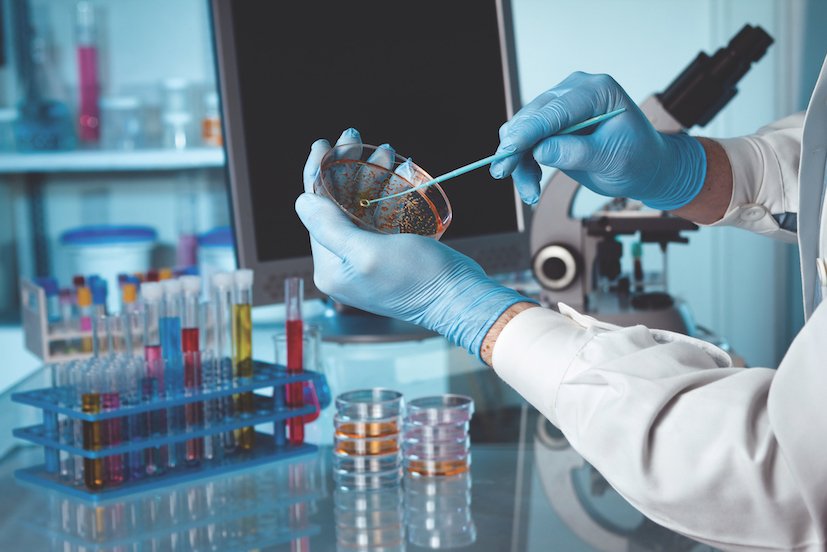IIT-B makes sensor to detect COVID-19 in wastewater
June 09, 2021 | Wednesday | News
Scientists from the University of Strathclyde and the Indian Institute of Technology (IIT) Bombay took part in the initiative
Image Credit: shutterstock.com
Scientists from the University of Strathclyde, UK and the Indian Institute of Technology (IIT) Bombay have demonstrated a low-cost sensor that can detect fragments of the virus responsible for COVID-19 within the wastewater.
The technique, published in the journal Sensors and Actuators B: Chemical, could be used to enable widespread monitoring of COVID-19 prevalence in low- and middle-income countries which struggle to conduct mass human testing.
The sensor can be used with portable equipment that uses the standard Polymerase Chain Reaction (PCR) test to detect the SARS-CoV-2 virus, without the need for the expensive chemicals and lab infrastructure needed for real-time quantitative PCR tests.
The sensor was tested with wastewater collected from a sewage treatment plant in Mumbai spiked with SARS-Cov-2 Ribonucleic Acid (RNA).
The biosensor uses printed circuit board electrodes to detect fragments of SARS-CoV-2 nucleic acid which have combined with methylene blue – a readily available salt used as a medication and dye – which is added to the sample to produce a measurable electrochemical signal. The sensor was able to detect the genetic material at concentrations as low as 10 picograms per microlitre (pg/μl). The electrodes are reusable, easy to clean, do not undergo any changes that affect their capabilities and have a long shelf-life.
Dr Siddharth Tallur, Associate Professor in the Department of Electrical Engineering at IIT Bombay, said: “The method we have developed is not just applicable to SARS-CoV-2, it could be applied to any other virus so it’s very versatile. In the future, we’ll focus on optimising the assay further to increase accuracy and also integrate the assay with a portable platform to handle both PCR reaction and electrochemical measurement.”









